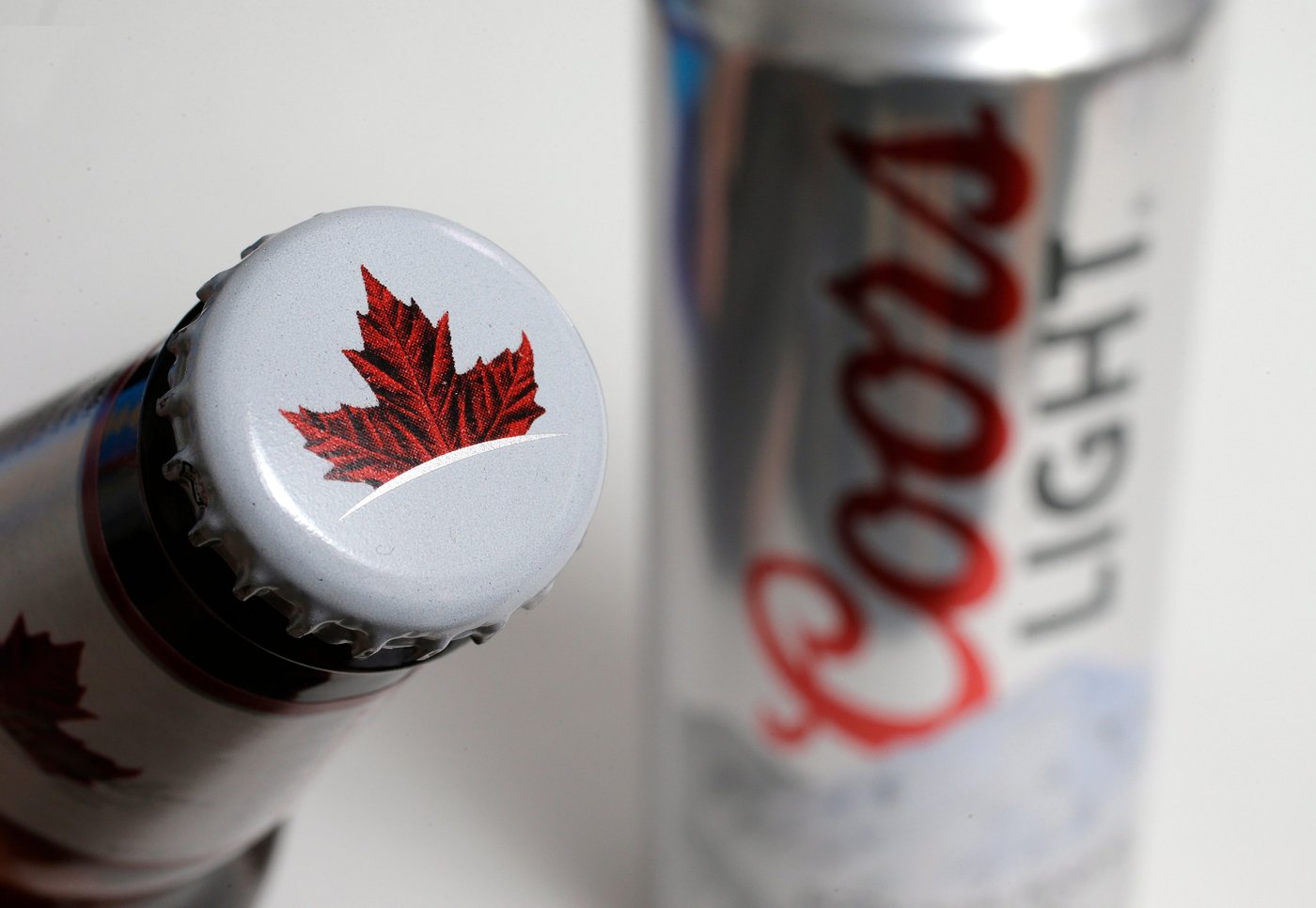MONTREAL — Brewing company Molson Coors says it is dropping its diversity, equity and inclusion policies and taking a “broader view” in which all employees know they are welcome, but groups representing the LGBTQ+ community say the move is a step backward.
In an internal memo Molson Coors shared with The Canadian Press, the company says its DEI employee training is complete and beginning next year it will stop requiring that its hiring process fulfils specific “representation goals.”
As well, the Canadian-American multinational says it will no longer participate in the ranking program by the Human Rights Campaign, an advocacy group that scores companies on how inclusive their workplace practices are toward to the LGBTQ+ community.
“Moving forward, we will assess our work to build a strong company culture based on our own internal metrics, your feedback and our success in serving our customers,” the memo reads.
Molson Coors says it will no longer require its suppliers to meet diversity goals. Such metrics, the memo says, “can be complicated and influenced by factors outside our control.”
The memo also makes reference to social and political tensions: “In the polarized world in which we are living, let’s ensure that we stay united as a team.”
The company did not make anyone available for an interview.
In an email, Human Rights Campaign, which had previously given Molson Coors a perfect rating, did not directly acknowledge the change at the brewery but noted that some business leaders are turning their backs on commitments to inclusion.
However, Orlando Gonzales, senior vice-president of research, training and programs at HRC, said in a statement on the group’s website, “companies like Molson Coors, Ford, and others that abandon their values and backtrack from commitments to diversity, equity, and inclusion risk losing both top employee talent and consumer dollars.”
The change in policy at Molson Coors comes amid backlash against companies seen to be supporting the LGBTQ+ community and diversity, equity and inclusion programs. In August, Ford Motor Co. CEO Jim Farley sent a memo to all employees explaining the company’s decision to stop taking part in external culture surveys and an annual survey by HRC.
In January, Chip Wilson, founder of the Vancouver-based Lululemon Athletica Inc., criticized the company’s diversity efforts; in 2023, both Bud Light and Nike came under fire for partnering with and supporting transgender influencer Dylan Mulvaney.
The change of policy at Molson Coors is a sign of lost progress for Olivia Baker. As an instructor at Fondation Émergence, which advocates against homophobia and transphobia, Baker visits companies and organizations across Canada to help them implement best practices that support the LGBTQ+ community in the workplace.
Baker said she is “disappointed but not surprised,” and called the company’s move the latest example of “a rise in LGBTQ+ hate.”
She says Molson Coors is dealing with a backlash against policies of inclusion, with much of the vitriol coming from the United States and taking root in Canada.
HRC says companies that roll back DEI initiatives may end up losing profits. According to a survey it conducted in August, up to 80 per cent of LGBTQ+ adult respondents in Washington, D.C., said they would support a boycott of a company backtracking on DEI policies.
Teamsters Canada, which represents 750 brewery, transportation and customer service workers at Molson in Montreal, says the company is free to implement its own policies.
“If we determine that the company is engaging in discriminatory practices, we will take swift action to rectify the situation,” the union said in a statement.
This report by The Canadian Press was first published Sept. 6, 2024.
Joe Bongiorno, The Canadian Press







